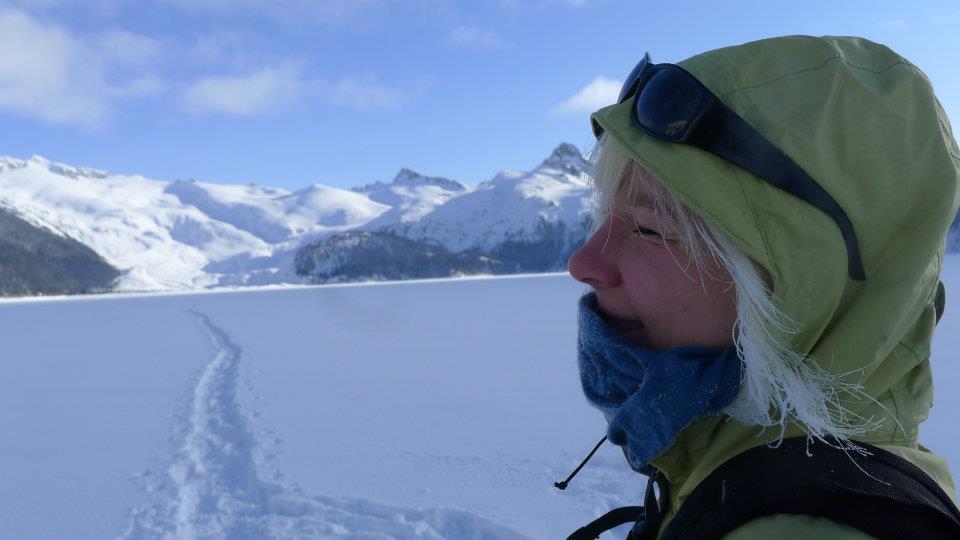A Curtin University researcher will embark on the first international scientific expedition to fully circumnavigate Antarctica to measure the impact of climate change and pollution in the Southern Ocean.
 Dr Nina Schuback, from the Remote Sensing and Satellite Research Group (RSSRG) within Curtin’s Department of Physics and Astronomy, will be among 55 scientists from 30 countries who will work on 22 research projects for the Antarctic Circumnavigation Expedition (ACE).
Dr Nina Schuback, from the Remote Sensing and Satellite Research Group (RSSRG) within Curtin’s Department of Physics and Astronomy, will be among 55 scientists from 30 countries who will work on 22 research projects for the Antarctic Circumnavigation Expedition (ACE).
The three-month expedition aboard the Akademik Treshnikov, a Russian research vessel, departs late December.
Dr Schuback, a biological oceanographer, said the Curtin project would examine the abundance and composition of phytoplankton – the first link in the food chain – in the Southern Ocean.
“The Southern Ocean has unique geography and plays an important role in ocean circulation,” Dr Schuback said.
“It provides large fishing resources, captures atmospheric carbon dioxide (CO2), influences climate and weather in the southern hemisphere continents and further afield, and experiences fast changes, still to be understood.
“Central to the carbon cycling, or circulation, in the Southern Ocean are phytoplankton, the microscopic photosynthesising algae inhabiting the surface ocean.
“This expedition is also an opportunity to collect measurements that will help to validate satellite remote-sensing observations over this still largely unexplored ocean.”
Once the voyage is complete, data collected by Dr Schuback will be analysed with Professor David Antoine, who is also a member of the RSSRG.
ACE panel member Professor Jean Jouzel, a glaciologist and climatologist, said the expedition was a unique initiative to better understand the Antarctic region.
“Bringing together multi-disciplinary projects to circumnavigate Antarctica and gathering scientific evidence in a region so remote, and yet deeply affected by human activity and climate change, will hugely contribute to our understanding of past and future evolution of the Southern Ocean,” Professor Jouzel said.
“It is a key region for the carbon cycle and the Antarctic continent which may significantly contribute to the sea-level rise in the coming centuries.”
ACE is the first project of the Swiss Polar Institute, a new organisation that promotes international collaboration and aims to inspire a new generation of young scientists and explorers in polar research.
Further information on the ACE expedition can be viewed at http://polar.epfl.ch/page-131984-en.html.


